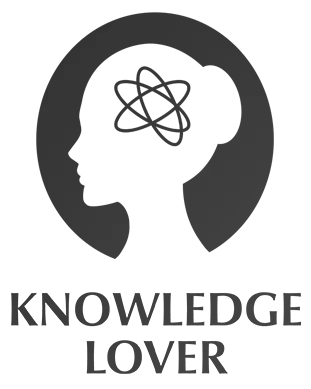7 Better Ways To Improve Vocabulary

There are numerous benefits of improving your vocabulary, both personal and professional. Its objective is not to use fancy, complicated words to impress and confuse people. It should be used to make communication more effective. Being able to choose the right words with greater precision.
Are you ready?
Bookmark this article as a resource you can refer to later in your journey to learn excellent vocabulary. The resources below are timeless.
Here are seven simple ways to enhance your vocabulary:
1. The Pareto Principle (80–20 rule)
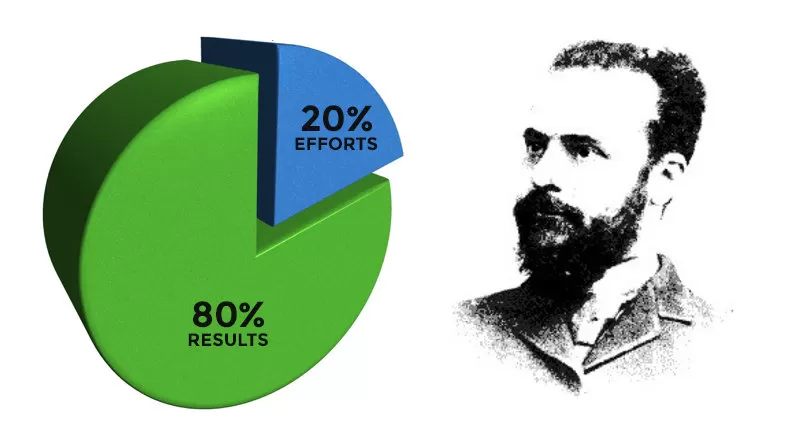
Roughly 80% of the conversations come from 20% of the same subjects.
Among your peers, you generally speak about similar topics every day. Make a list of those subjects and do an in-depth reading. It will familiarize you with words you can use in your conversations.
Example: If you are an insurance seller. Terms like annuity, assets, copayment, floater, and indemnity are important. Learning about “annuity” will reveal terms like perpetuity and amortization.
This technique can be applied to any topic.
2. Thesaurus
A reference book that groups words with similar meanings, synonyms, and sometimes antonyms.
Thesaurus.com is a great free website you can refer to. For “pursuit,” it showed the words hunt, inquiry, quest, following, hunting, pursual, and more.
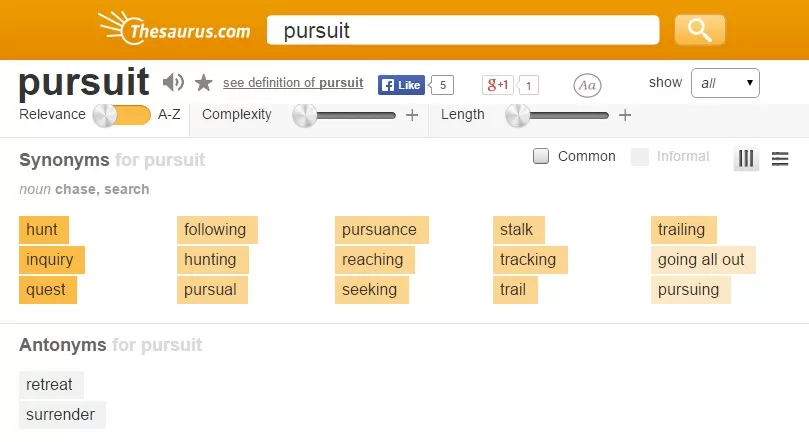
3. Visual Dictionary Project
A design project by Chandan Kumar, in which each word is explained with an illustration and meaning of the word in written form.
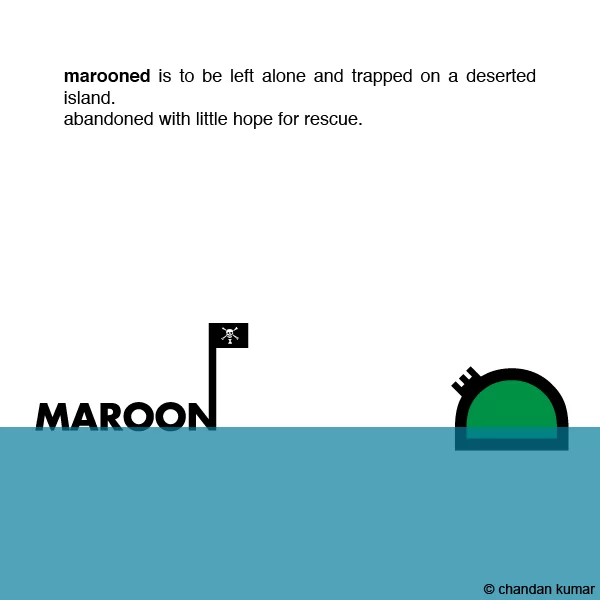
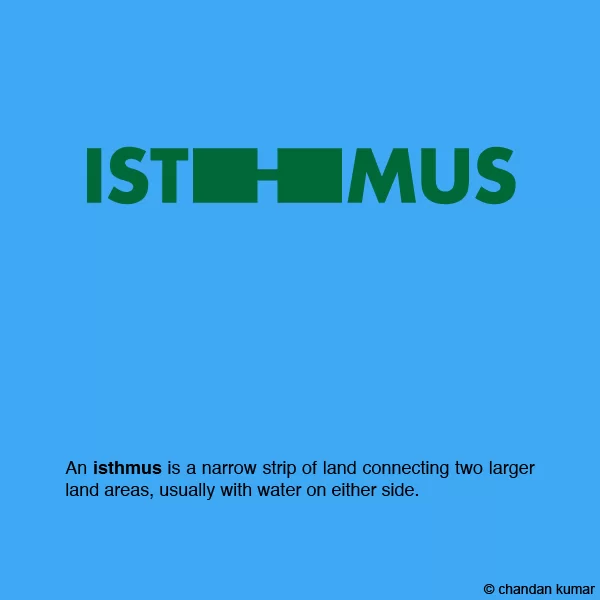
4. Magoosh GRE Flashcards
GRE Magoosh Flashcards are a brilliant way to enhance vocabulary. It will help you master the 1000 most important GRE words through flashcard games. Learning can be done on their website, and mobile phone apps are available for iOS and Android.
5. Learn from reading

Most people will tell you this: read books, newspapers, articles, and magazines. It’s the most common way to learn new vocabulary. Reading will help you know the words and the situation where they can be used. From every word first, try to figure out the meaning from its context, then look the words up.
6. A Word A Day
An email newsletter that sends pronunciation, meaning, etymology, notes, and usage for a new word every day. “The most welcomed, enduring piece of daily mass e-mail in cyberspace.” – The New York Times.
7. Test Yourself
When you have done enough learning, take a test. Testyourvocab offers a quick 3-part test – the first with a handful of words to decide the basic vocabulary level, the second with a larger but narrower collection of words, and the last with a survey to collect statistical information.
